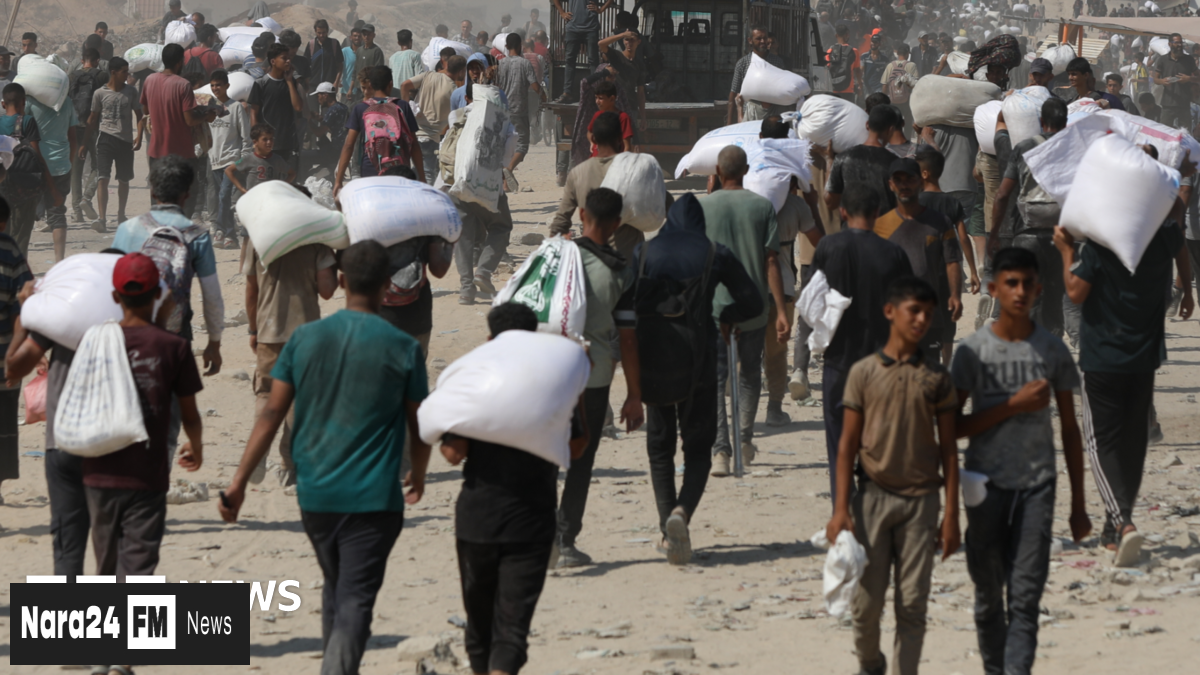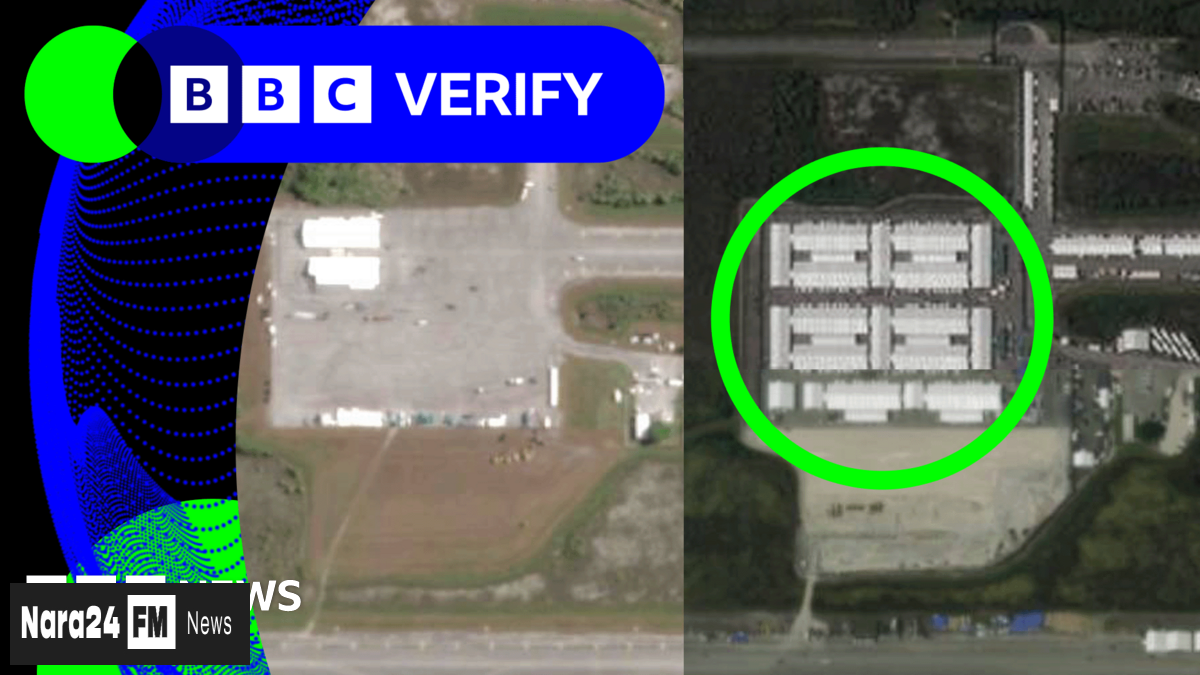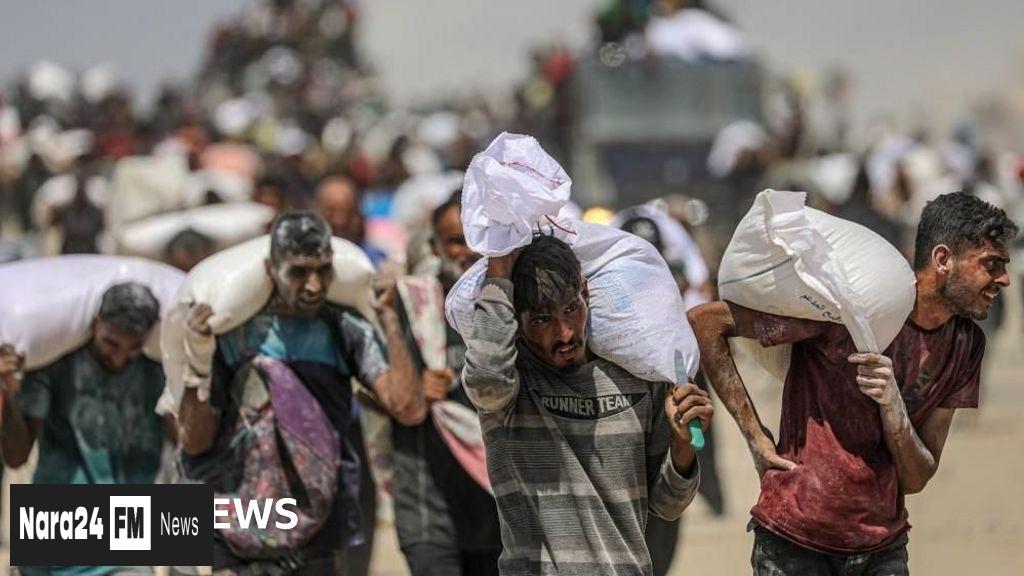In This Article
- Humanitarian Ceasefire Announcement
- Blockade and International Pressure
- Aid Distribution Challenges
- UN Criticism of Aid Framework
- Escalating Malnutrition Crisis
- Israel's Defense and Legal Compliance
Key Takeaways
- Israel announced daily humanitarian ceasefires in Gaza amid rising malnutrition-related deaths, though aid distribution remains insufficient.
- UN officials criticized Israel's aid framework as structurally inadequate and dangerous, with over 1,000 Palestinian casualties reported during checkpoint-based collections.
- Acute malnutrition in Gaza has led to a surge in child deaths, with medical reports indicating 80% of cases involve children.
- Israel's March-May blockade and current aid restrictions are accused of exacerbating famine conditions, though the military denies using starvation as a weapon.
- Humanitarian organizations warn daily pauses may come too late, as Gaza's fragmented distribution networks limit aid reaching vulnerable populations.
Israel has pledged daily humanitarian pauses in Gaza hostilities amid escalating international condemnation over its aid policies, as health officials report six additional deaths from malnutrition in the besieged enclave.
The decision follows weeks of mounting pressure from UN agencies and allied nations, who have accused Israel of exacerbating famine risks by restricting food and medical supplies. Satellite images of skeletal children and accounts of civilians collapsing from hunger have drawn global attention to what aid groups describe as an "accelerating humanitarian catastrophe."
Between March and May, Israel imposed a complete blockade on aid deliveries to pressure Hamas into accepting a ceasefire and hostage release agreement. While Israel denies using starvation as a military tactic – a potential war crime – critics argue the policy directly contributed to Gaza's deteriorating conditions. A controversial aid distribution system introduced afterward forced Palestinians to collect supplies at high-risk military checkpoints, bypassing established UN networks.
UN officials have labeled Israel's current aid framework "structurally inadequate and dangerous," reporting over 1,000 Palestinian casualties during aid collection attempts. Though Israel claims the system prevents Hamas from diverting resources, it has not publicly substantiated these allegations.
With only a fraction of required aid reaching civilians, humanitarian organizations warn the newly announced pauses may come too late for thousands facing acute malnutrition. "What little arrives isn't reaching those most vulnerable," stated a UN relief coordinator, noting Gaza's food distribution networks remain critically fragmented.
The Israeli military maintains its actions comply with international law, emphasizing ongoing efforts to "balance humanitarian needs with security imperatives." However, medical workers in Gaza describe overwhelmed clinics where children now constitute 80% of malnutrition cases, with starvation-related fatalities continuing to rise.








Comments (0)
Leave a Comment
Be the first to comment on this article!